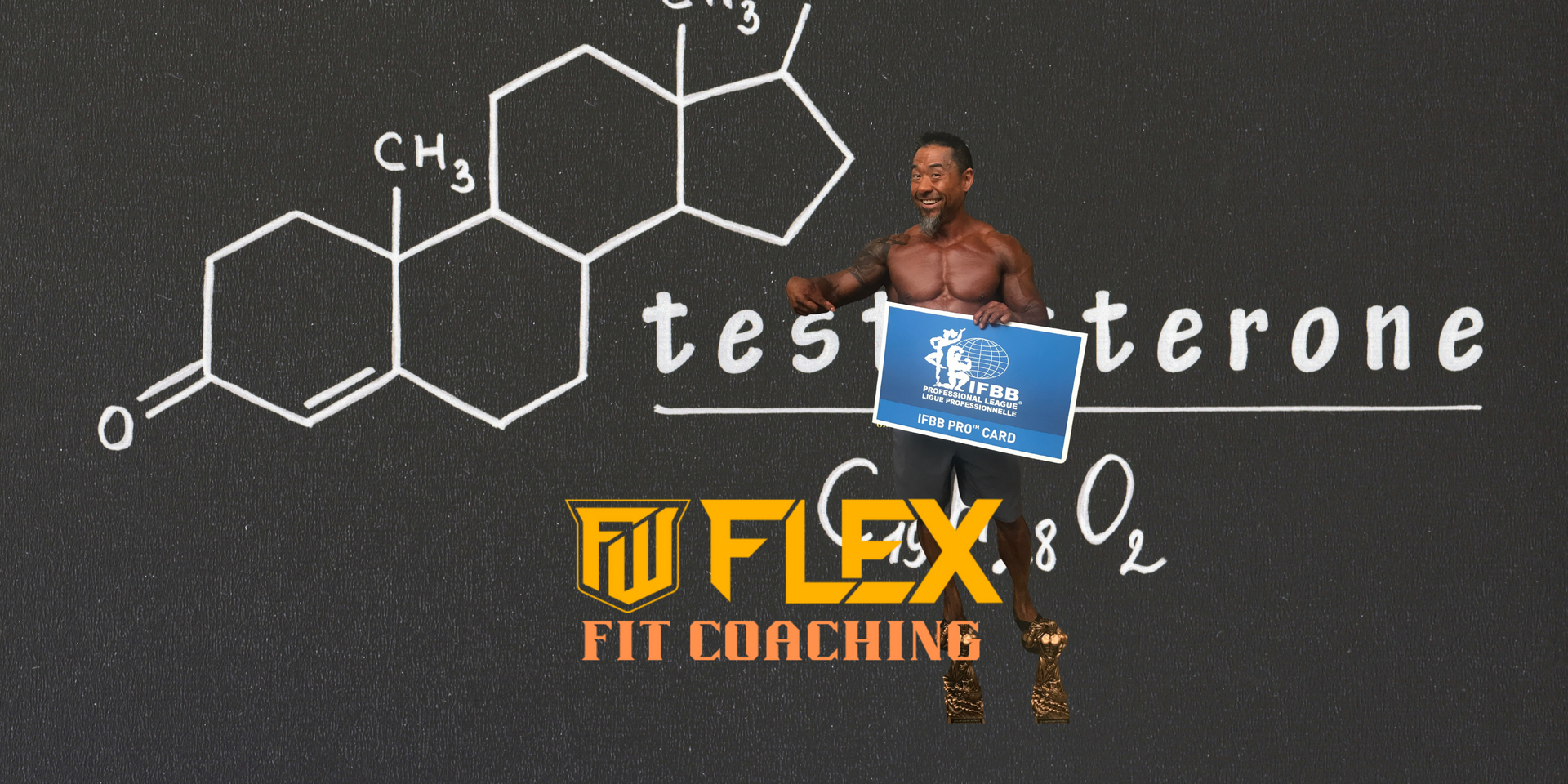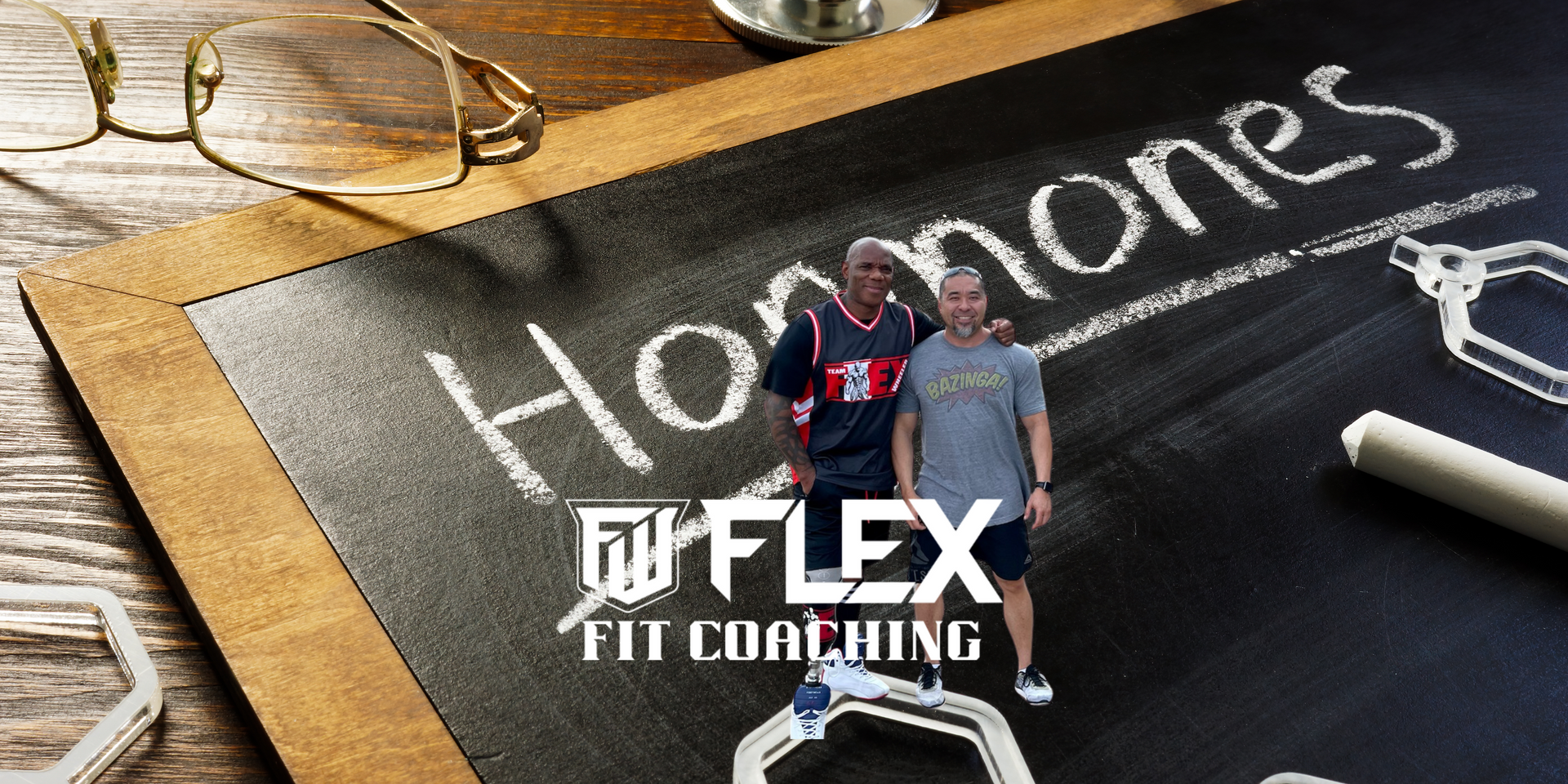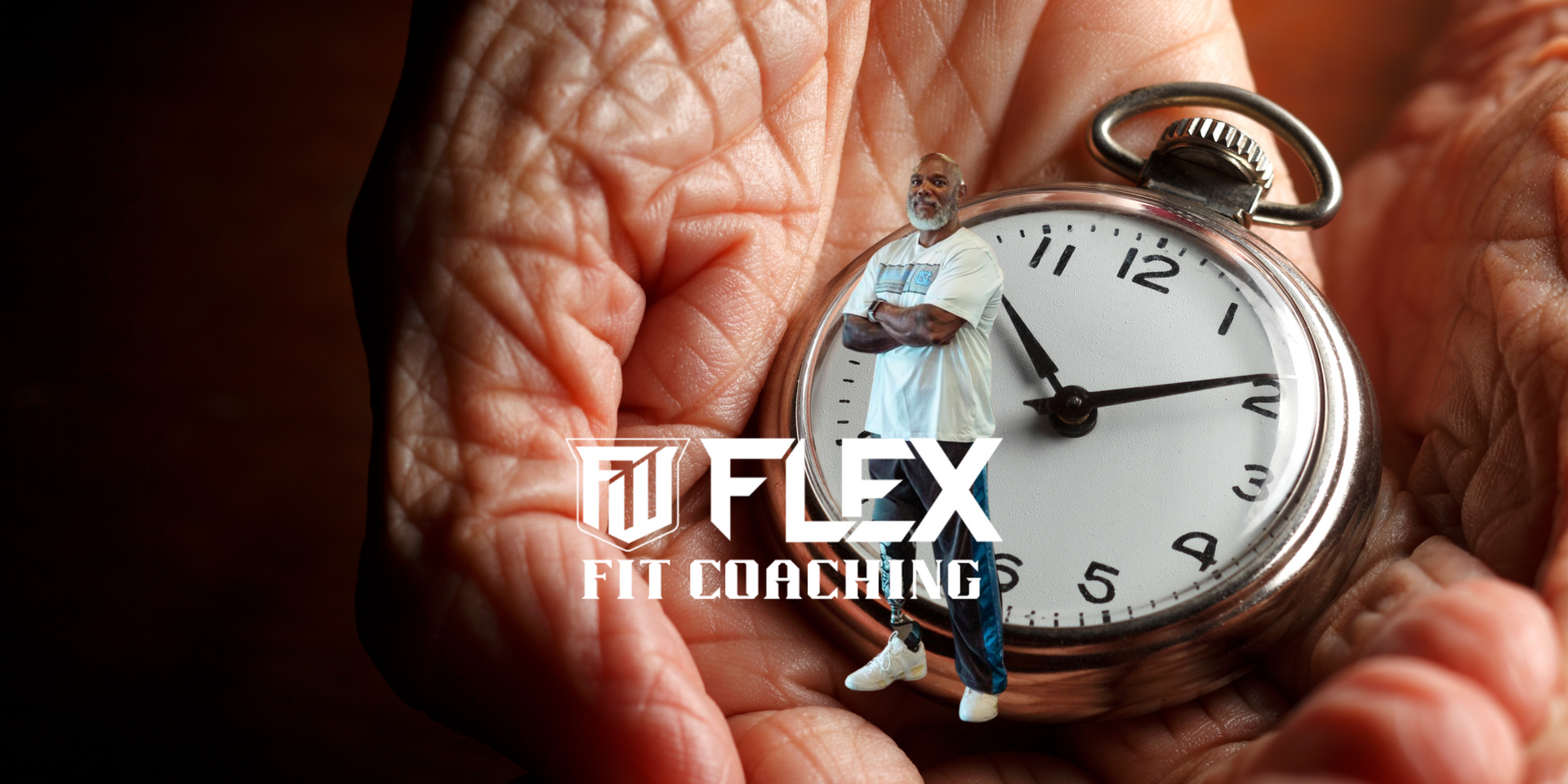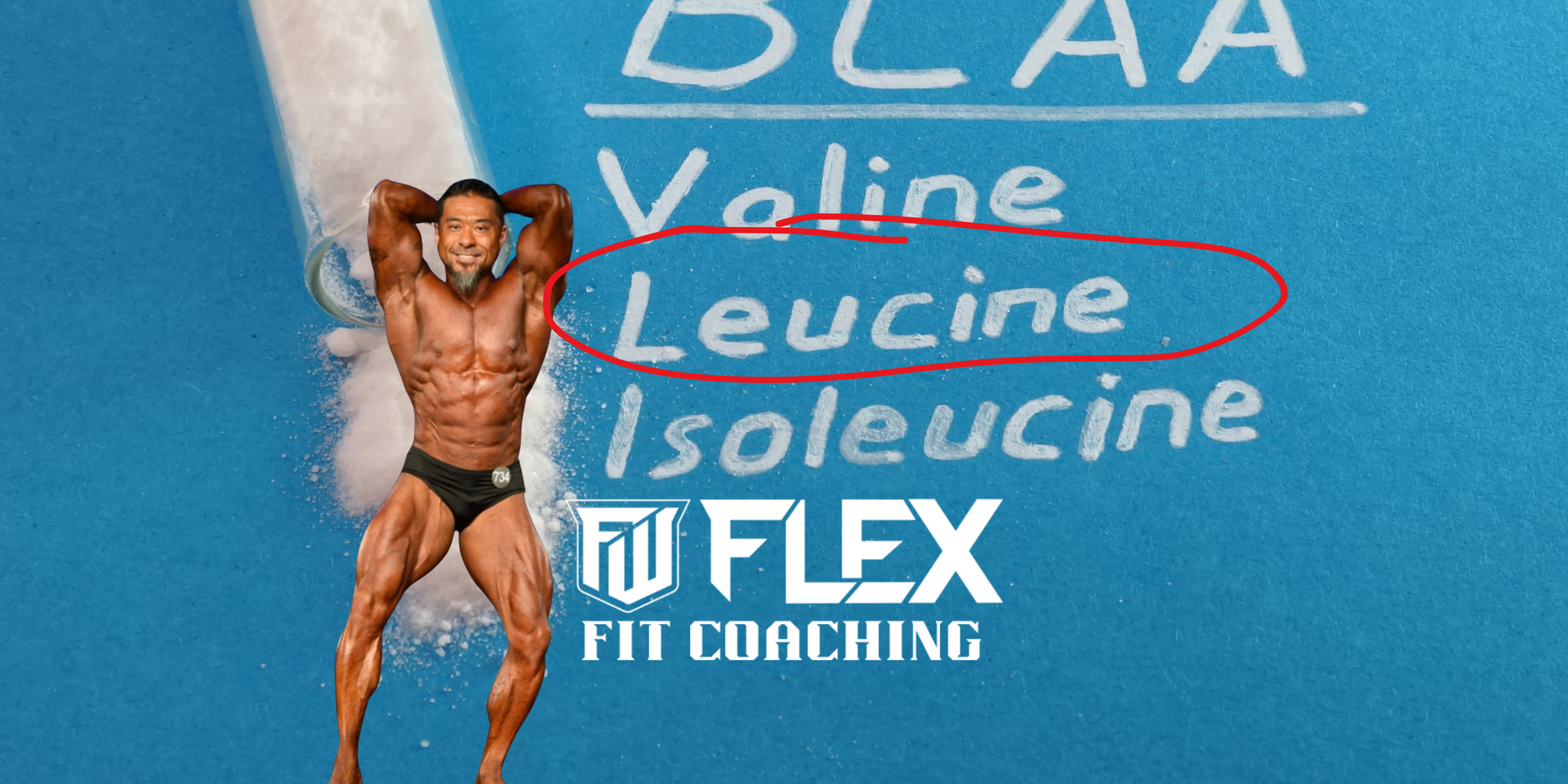The Vitamin D-Testosterone Connection: How Deficiency Impacts Hormonal Health

Vitamin D and Testosterone Deficiency: A Critical Connection
Recent research suggests a strong correlation between vitamin D deficiency and low testosterone levels. With vitamin D deficiency being widespread in the U.S., ensuring adequate intake is crucial. Since obtaining sufficient vitamin D from diet alone is challenging, supplementation is often necessary.
The Link Between Vitamin D and Testosterone
Several studies have highlighted the relationship between vitamin D and testosterone. A systematic review and meta-analysis found that men with vitamin D deficiency were more likely to have lower testosterone levels (Springer). Another study using Mendelian randomization suggested a causal link between vitamin D levels and total testosterone concentrations (Oxford Academic).
Vitamin D Deficiency in the U.S.
Vitamin D deficiency is highly prevalent in the United States. Data from the National Health and Nutrition Examination Survey (NHANES) showed that 41.6% of U.S. adults are deficient in vitamin D, with higher rates among specific demographic groups (AACE). More recent research confirms ongoing high deficiency rates, particularly among non-Hispanic Black Americans and young adults (Frontiers in Nutrition).
Challenges of Obtaining Vitamin D from Diet
Few foods naturally contain significant vitamin D levels. Fatty fish like salmon and mackerel provide some, but most people do not consume enough to meet their needs. While fortified foods help, they often fall short in supplying adequate vitamin D (TCTMed).
The Role of Supplementation
Due to dietary limitations and widespread deficiency, supplementation is often necessary. Research indicates that supplementing with vitamin D can help improve testosterone levels in deficient individuals. However, it's important to consult a healthcare provider to determine the right dosage and avoid excessive intake.
Conclusion
The connection between vitamin D and testosterone is well-supported by research. Given the high prevalence of vitamin D deficiency, prioritizing adequate intake through supplementation and sun exposure is essential for overall health and hormonal balance.
Coach Greg Nagaye MS, CSCS
IFBB Pro









